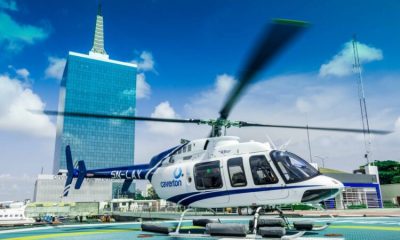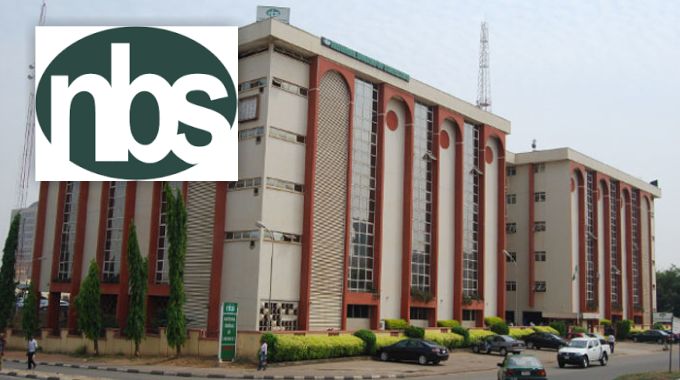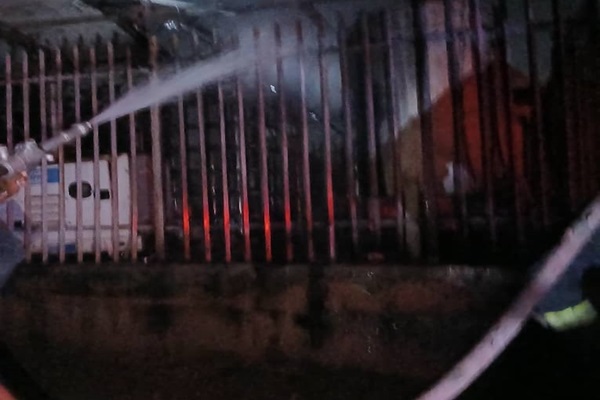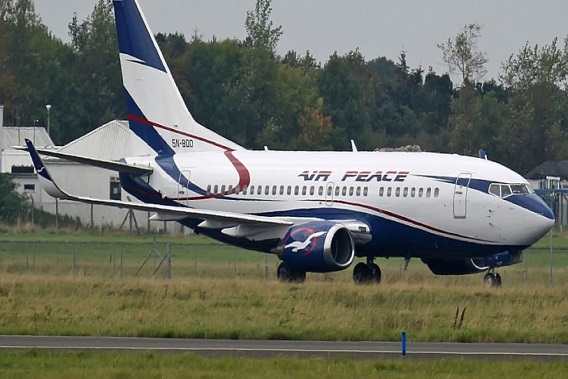The National Bureau of Statistics has disclosed that alcoholic beverages, tobacco, and narcotics recorded the highest inflation rate at 14.80 per cent, according to its latest rebased Consumer Price Index for January 2025.
In a graphical illustration presented in its CPI report, the NBS noted that the alcohol and tobacco item division was followed by restaurants and accommodation services, which had an inflation rate of 14.14 per cent, while transport and clothing and footwear recorded 12.77 per cent and 12.73 per cent, respectively.
The report, which rebased Nigeria’s CPI to 2024 as the new base year, revealed that headline inflation stood at 24.48 per cent in January 2025, meaning that the general price level of goods and services rose significantly compared to the same period in 2024.
The report by the NBS read, “The rebased All Items index in January 2025 was 110.68, while the headline inflation rate on a year-on-year basis stood at 24.48 per cent in January 2025.
“This means that the general prices of goods and services in Nigeria increased by 24.48 per cent compared to January 2024.”
The CPI rebasing was necessary to reflect current economic realities and consumption patterns in Nigeria.
The rebased CPI structure covers 934 product varieties, classified under 13 divisions based on the 2018 Classification of Individual Consumption According to Purpose.
The divisions include food and non-alcoholic beverages, clothing and footwear, transport, housing and utilities, furnishings, health, communication, and education, among others.
The weighting structure was adjusted to account for changes in consumer spending, with food and non-alcoholic beverages maintaining the highest weight at 40 per cent, although it declined from 51.8 per cent in the previous base year of 2009.
According to the report, inflationary pressures varied across different categories, with food and beverages inflation at 10.64 per cent, reflecting the continued rise in staple food prices.
The personal care, social protection, and miscellaneous goods and services division recorded 12.04 per cent inflation, while furnishings, household equipment, and routine household maintenance saw an inflation rate of 11.48 per cent.
The health sector recorded 9.42 per cent inflation, while housing, water, electricity, gas, and other fuels increased by 7.61 per cent.
The education sector and insurance and financial services recorded the lowest inflation rates, standing at 4.88 per cent and 4.65 per cent, respectively. Information and communication, which was newly assigned a higher weight in the rebased CPI, had an inflation rate of 7.54 per cent.
The recreation, sport, and culture category recorded 6.85 per cent, highlighting moderate price increases in these services.
The NBS report highlighted the divergence in inflation trends between urban and rural areas, with urban inflation at 26.09 per cent, while rural inflation stood at 22.15 per cent.
This suggests that price pressures were more severe in urban areas, particularly in sectors such as housing, transportation, and restaurant services, where cost increments were more pronounced.
The rebasing exercise introduced new methodologies to enhance the accuracy of inflation tracking.
Data collection was fully digitised, replacing paper-based surveys with computer-assisted personal interviewing devices, which allowed real-time transmission and verification of price data.
The high inflation rate for alcoholic beverages and tobacco is linked to multiple factors, including excise duties, exchange rate volatility, production costs, and supply chain disruptions.
We further observed that Imo State emerged as the most expensive state to reside in Nigeria following the rebasing of the Consumer Price Index by the NBS.
The development marked a significant shift in Nigeria’s inflation rankings, as Bauchi, which held the top spot for seven consecutive months, was dethroned.
The change comes after the NBS updated its methodology, adjusting the base year from 2009 to 2024, revising the weighting structure, and expanding the consumer basket to better reflect household spending patterns.
Earlier, the Statistician-General of the Federation and Chief Executive of the NBS, Prince Semiu Adeyemi, said, “Rebasing our GDP and CPI allows us to align with these transformations, providing a more precise and relevant picture of Nigeria’s economic landscape.
“This process is foundational to informed policymaking, strategic planning, and effective governance; hence, it is one exercise that the NBS is conducting with significant importance and professionalism.”
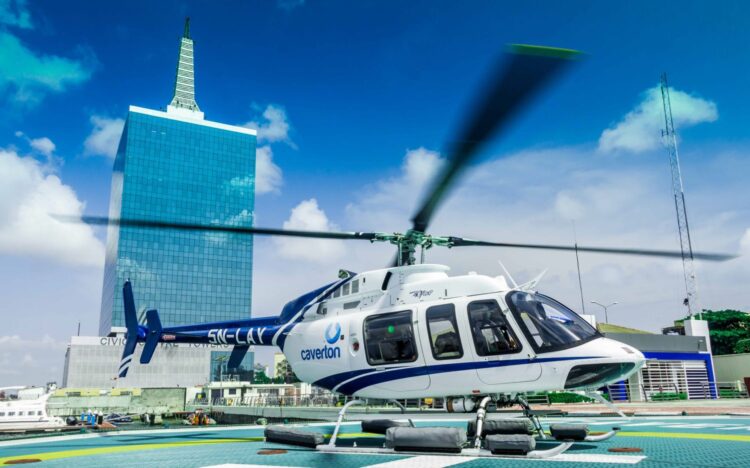

 Society7 years ago
Society7 years ago
 Society4 years ago
Society4 years ago
 News and Report6 years ago
News and Report6 years ago
 News and Report7 years ago
News and Report7 years ago
 Society4 years ago
Society4 years ago
 News and Report6 years ago
News and Report6 years ago


